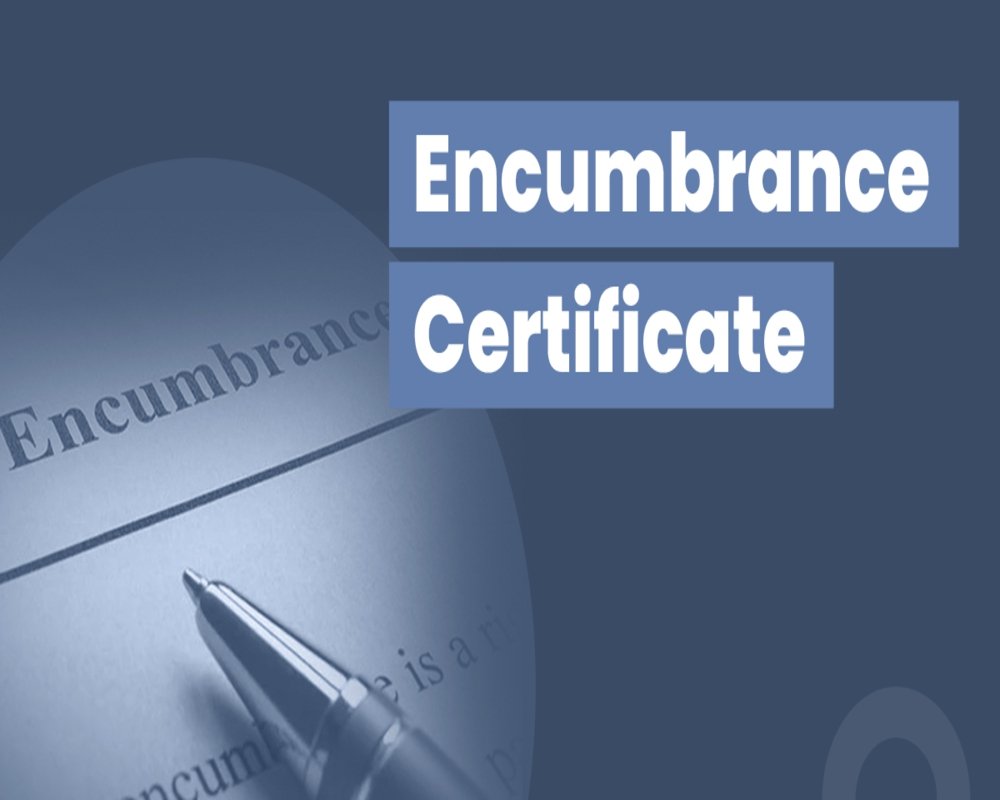An Encumbrance Certificate (EC) is a vital legal document in property transactions in India. It certifies that a property is free from any monetary or legal liabilities, such as loans, mortgages, or disputes, ensuring a clear title for the buyer.
Encumbrance Certificate
An Encumbrance Certificate provides a comprehensive record of all registered transactions related to a property over a specified period. This includes details of sales, mortgages, leases, or any other legal claims. The certificate is issued by the Sub-Registrar’s Office where the property is registered.
Importance of an Encumbrance Certificate
- Verification of Clear Title: Ensures that the property has a clear title, free from any encumbrances, making it safe for purchase.
- Loan Approval: Financial institutions require an EC to verify that the property is not already mortgaged or under any legal dispute before approving a loan.
- Property Registration: An EC is often mandatory during the registration of a property to confirm its legal status.
- Avoidance of Legal Complications: Helps in preventing future legal disputes by providing transparency about the property’s history.
Types of Encumbrance Certificates
- Form 15: Issued when the property has registered transactions during the specified period, indicating existing encumbrances.
- Form 16 (Nil Encumbrance Certificate): Issued when there are no registered transactions during the specified period, indicating that the property is free from encumbrances.
How to Obtain an Encumbrance Certificate
- Application: Submit an application at the Sub-Registrar’s Office where the property is registered, specifying the period for which the EC is required.
- Required Documents: Provide necessary documents, including property details, ownership proof, and identification.
- Fee Payment: Pay the prescribed fee, which varies based on the duration for which the EC is sought.
- Processing Time: The certificate is typically issued within 15 to 30 days after application.
Ensuring that a property has a clear Encumbrance Certificate is vital for a secure and transparent transaction. It protects the interests of buyers, sellers, and financial institutions by providing a verified history of the property’s legal and financial status.




